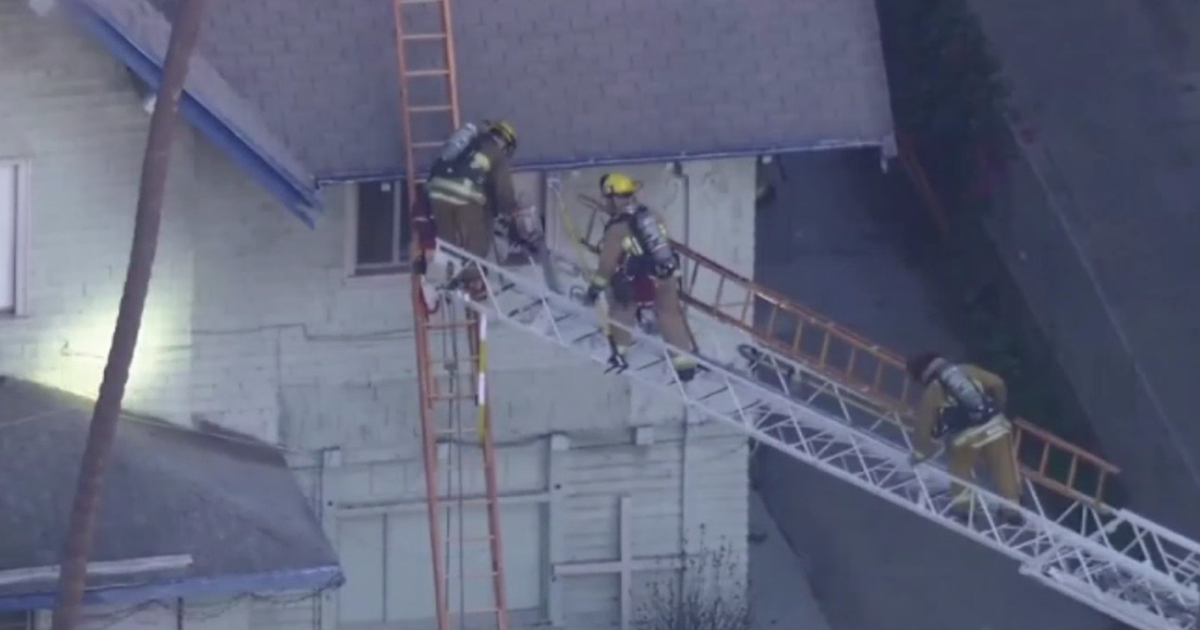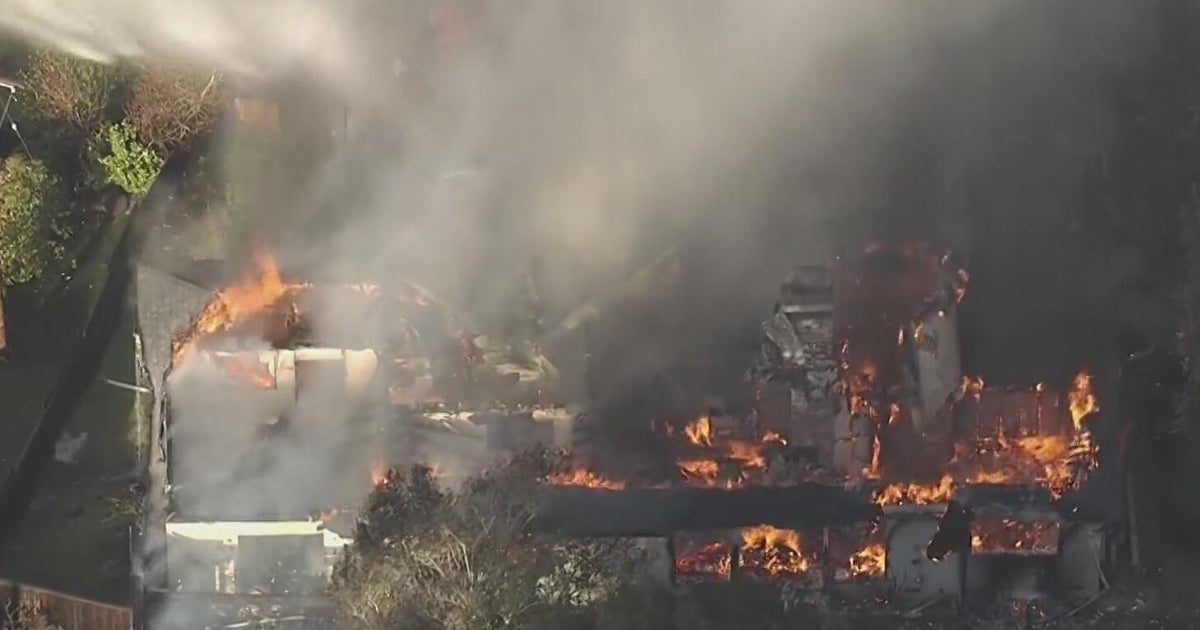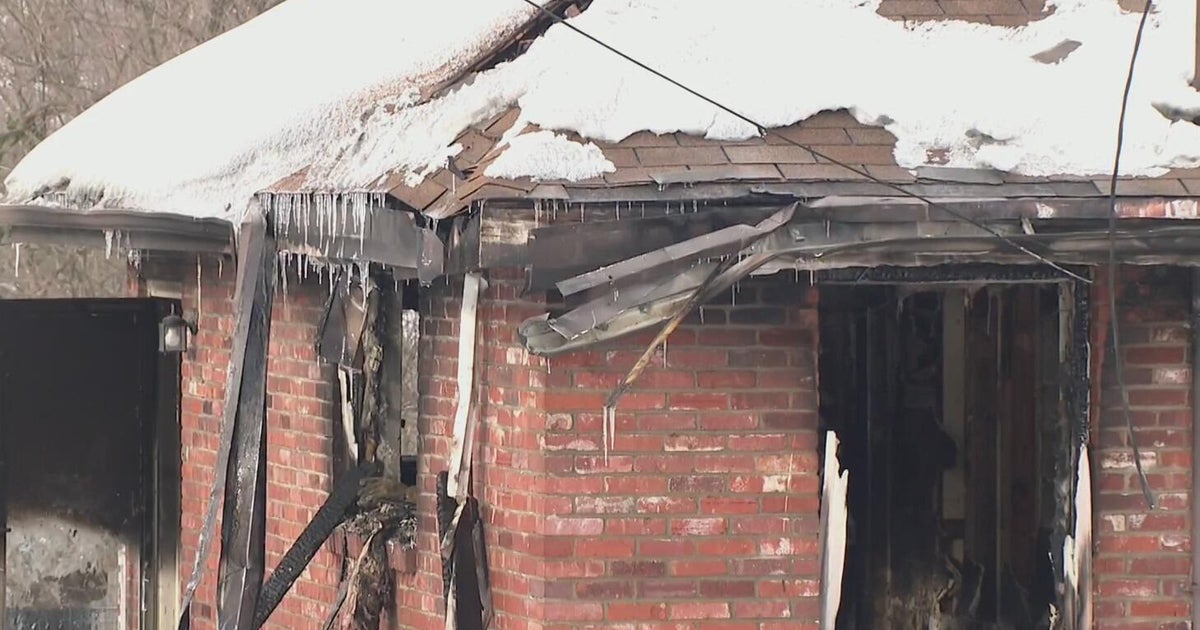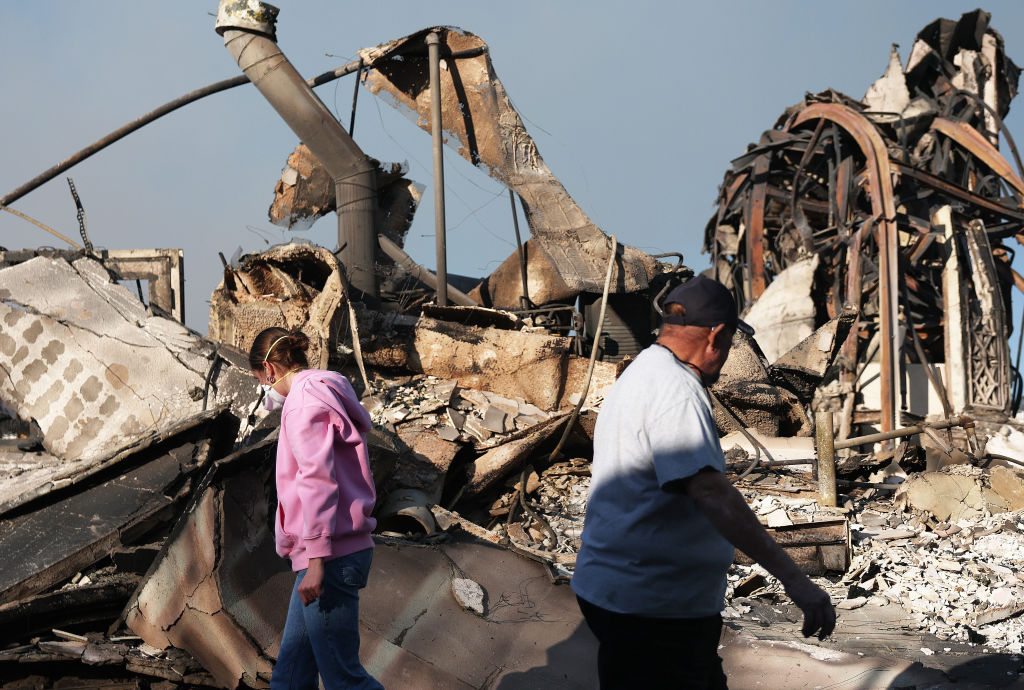California wildfire survivors mourn devastation: "It hurts more this time"
At least 19 people have died in California, Washington and Oregon as historic wildfires ravage the West, scorching millions of acres and forcing thousands of people to evacuate. An official in Oregon said the state is preparing for a "mass fatality incident" as the fires continue.
People who made it out have harrowing stories to tell, CBS News' Danya Bacchus reports.
Mandy McDonald is now homeless. "Unfortunately, I went at the very exact moment to come around the corner to see my house falling to the ground completely in flames," she said.
California resident Denis Hendrickson was forced to evacuate her home in Lake Oroville, California, an area now prone to fires.
"I've survived four different fires up there until this one and now I don't even know if my home is still standing at this point," she said.
Hendrickson recounted her narrow escape: "Eight of us had to go down to the end of our road … go into the sand and get down in the water to avoid the fire."
Another California resident saw his house completely wiped out, two years after a fire claimed his home in a community nearby.
"It hurts more this time I think than it did last time," he said. "And getting things back together again and having to rebuild is rather devastating."
California Governor Gavin Newsom described the devastation of this wildfire season as a climate emergency, as powerful, dry winds fuel the blazes there.
"This is a climate damn emergency. This is real. And it's happening. This is the perfect storm," Newsom said as he toured destruction north of Sacramento, where more than a quarter-million acres burned in a national forest.
"The reality here is the megafires that we're experiencing come from these megadroughts that we've experienced," he said.
Saturday may bring relief as the weather system is expected to calm down, but climate experts warn there is no end in sight.
Scientists point to human behavior, namely the burning of fossil fuels like coal and oil, for increased temperatures that decimate forests and make them prone to burn.
"People tweet the photographs of what San Francisco looked like yesterday and say, 'Oh, 2020, could you get any worse?'" said Genevieve Guenther, director of the organization End Climate Science. "As if once we're in 2021 these kinds of disasters are going to stop happening."



